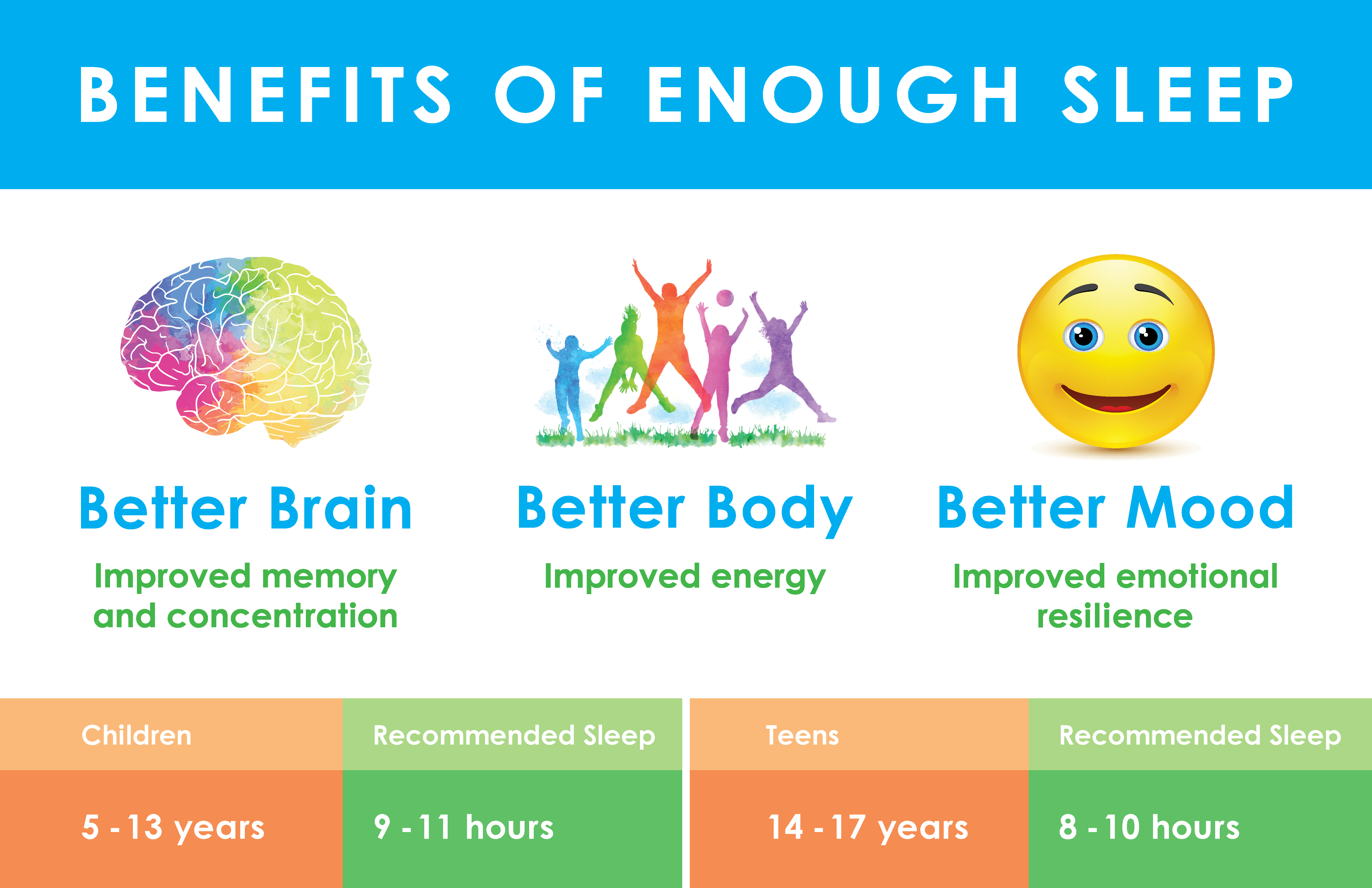The Vital Importance of Sleep for Students

Introduction
In the fast-paced world of academia, students often find themselves juggling a multitude of responsibilities, from attending classes to completing assignments and engaging in extracurricular activities. In this blog, we’ll explore why getting adequate sleep is crucial for academic success and overall well-being.
1. Cognitive Function and Sleep for Students
One of the most compelling reasons for students to prioritise sleep is its direct impact on cognitive function. During deep sleep, the brain consolidates and organises the information gathered throughout the day. This process is essential for memory retention, problem-solving, and critical thinking. When students skimp on sleep, their ability to focus and learn is severely compromised. A well-rested mind is better equipped to absorb new information, make connections, and excel in exams and assignments.
2. Emotional Well-being and Sleep
Students often face high levels of stress, anxiety, and pressure to perform. Adequate sleep plays a crucial role in emotional regulation. Sleep deprivation can lead to mood swings, irritability, and increased stress levels. Getting enough sleep helps students manage their emotions more effectively, improving their overall mental well-being.
3. Physical Health and the Impact of Sleep Deprivation
Neglecting sleep can have detrimental effects on physical health. It weakens the immune system, making students more susceptible to illnesses. Lack of sleep also disrupts hormonal balance, which can lead to weight gain, poor metabolism, and an increased risk of chronic diseases. In addition, insufficient sleep can impair athletic performance and recovery, affecting students involved in sports or physical activities.
4. Time Management and Sleep
Adequate sleep improves time management skills. When you are well-rested, you can work more efficiently and make better use of your waking hours. This means that you can accomplish your academic and personal goals without feeling the need to pull all-nighters, which are often counterproductive.
5. Creativity and Problem-Solving Enhanced by Sleep
Creativity and problem-solving are essential skills for students across all disciplines. Sleep is directly linked to these skills. During the rapid eye movement (REM) phase of sleep, your brain processes complex information and makes creative connections. By depriving yourself of sleep, you’re missing out on the opportunity to solve problems and think creatively.
6. Consistency Matters: Establishing a Sleep Routine
Maintaining a consistent sleep schedule is equally important. Irregular sleep patterns can disrupt your circadian rhythm and make it more challenging to fall asleep and wake up on time. Developing a routine that includes the same sleep and wake times, even on weekends, can help your body adapt and maximise the benefits of sleep.
Conclusion
In conclusion, sleep is not a luxury; it is a necessity, especially for students. Prioritising sleep is a proactive step towards achieving academic success and maintaining overall well-being. By making sleep a priority, you can enhance your cognitive abilities, improve your emotional well-being, and boost your overall health. So, close those textbooks, turn off the screens, and give your body and mind the rest they deserve. Your academic and personal life will thank you for it.